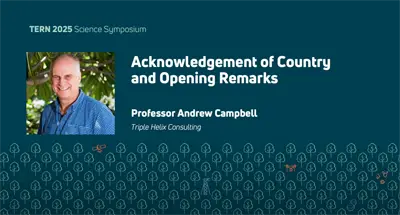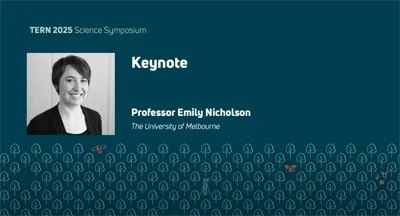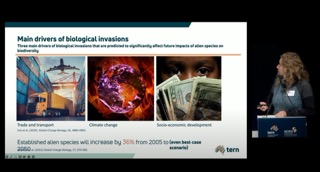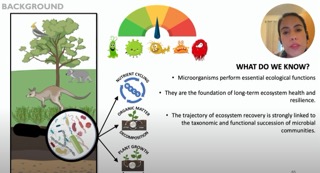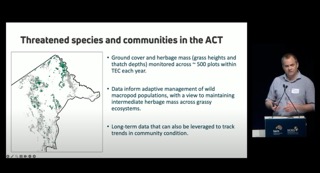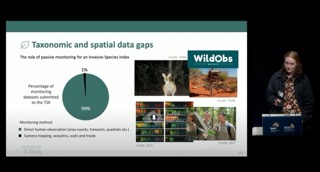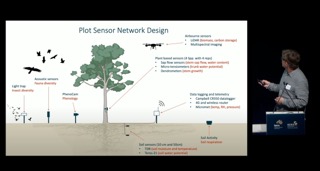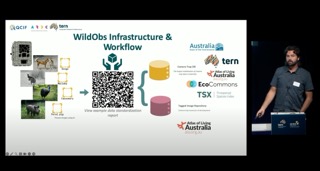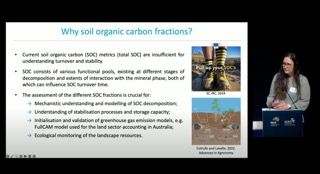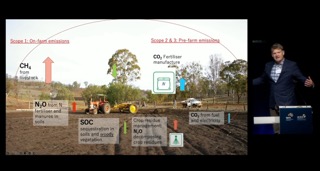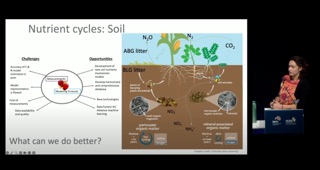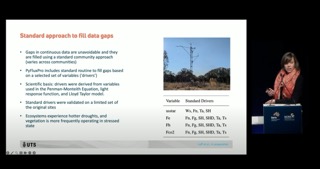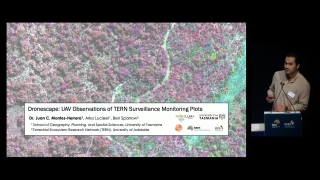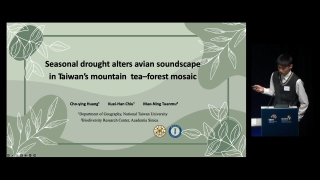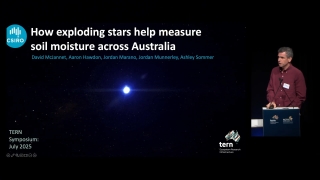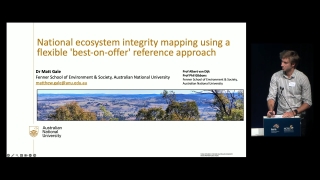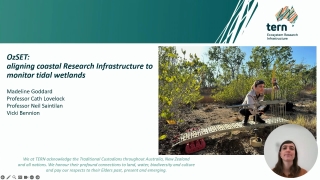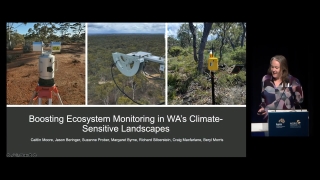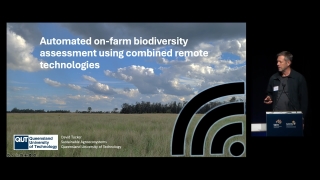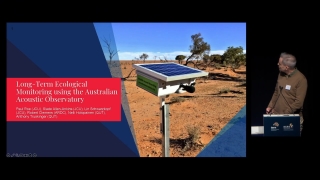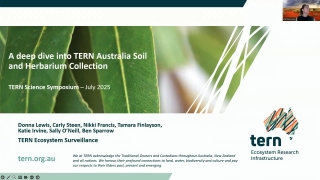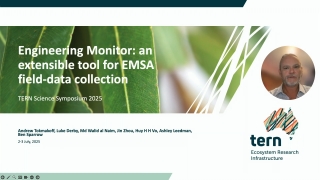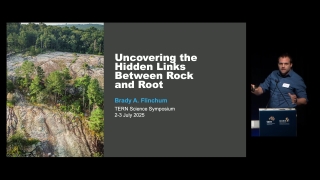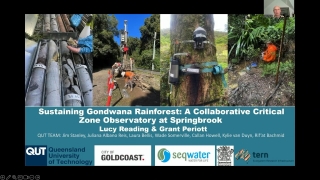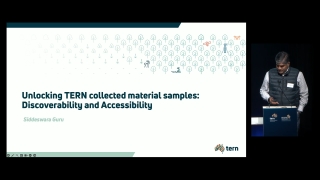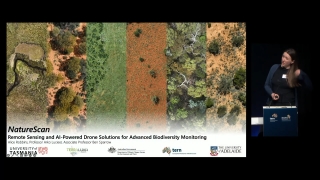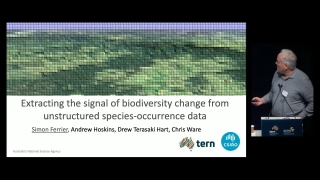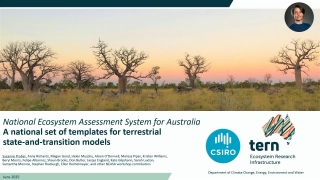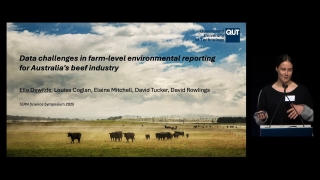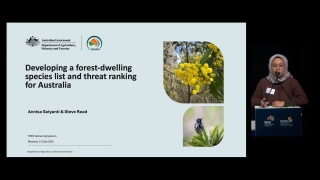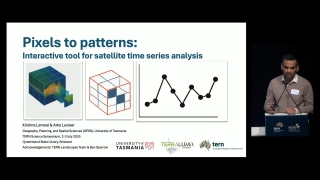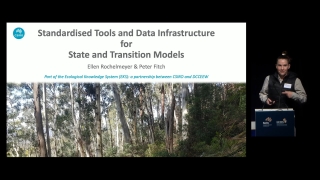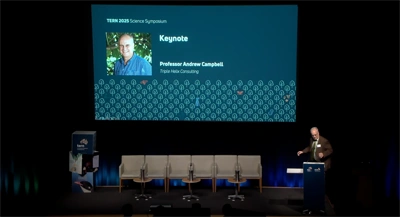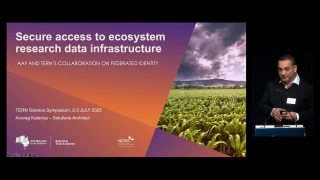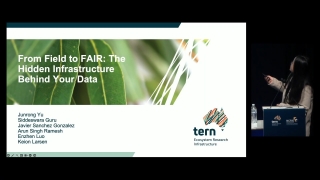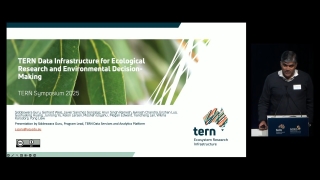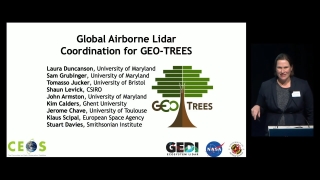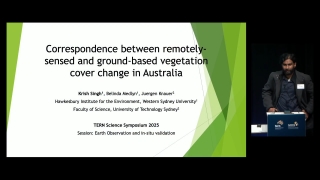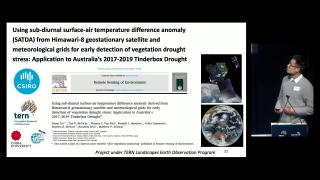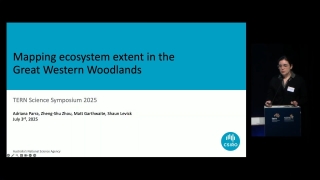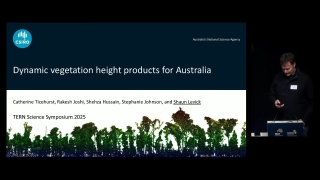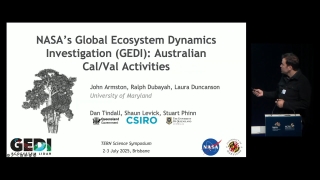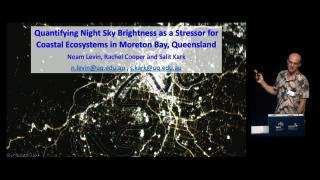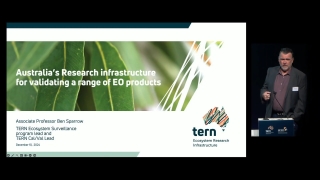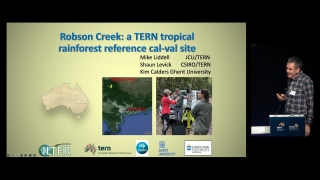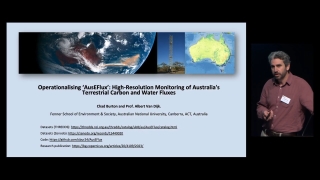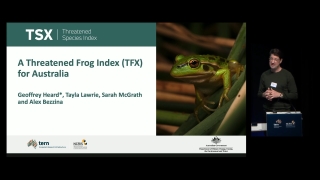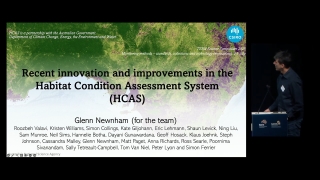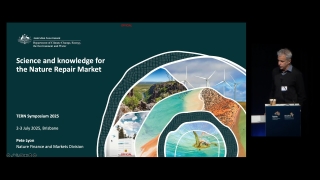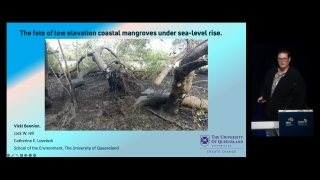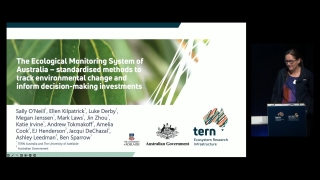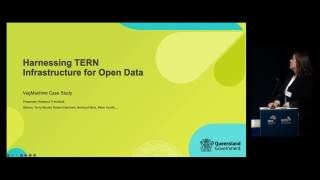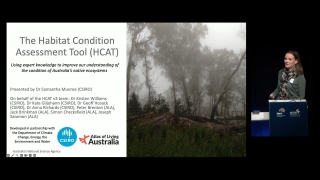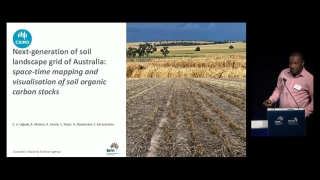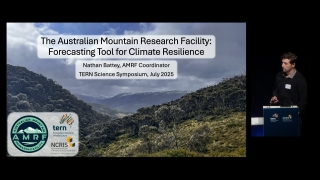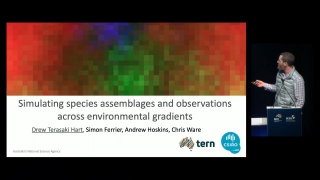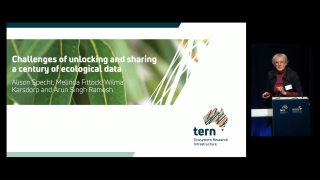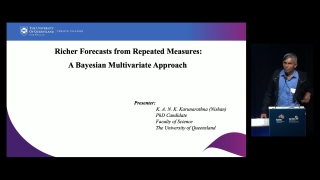On this page:
TERN was delighted to hold its Biennial Science Symposium on 2-3 July 2025 at the Queensland State Library in Brisbane, Australia.
It is 15 years since TERN published its first data so the 2025 Symposium was an opportunity to hear great talks on data use, collaborative projects and examples of outreach and translation to next users.
The TERN 2025 Science Symposium brought together some 500 ecosystem researchers, students, government, and industry. It provided an update on the latest ecosystem science research, technological developments, data system innovations and collaborations.
Symposium Themes
In 2025 we explored how your research or planned research help to address a range of current societal challenges, including the following:
- Biocomplexity – how, what, where and why
- Greenhouse gases – carbon and others
- About the future – e.g. modelling, predicting, forecasting, simulating, scenarios
- Monitoring methods – e.g. standards, collections and technology innovations
- About data – e.g. infrastructure, synthesis, trust, sensitivities, vocabularies
- Innovations in education, skills, training or outreach initiatives
- Earth Observation and in-situ validation
- Impact stories – e.g. leveraging TERN research infrastructure and data to contribute to the sustainable management of Australia’s environment.
Symposium Aims
Science symposiums provide an important opportunity for researchers from around the world to come together and share their latest findings. As a critical component of the scientific process, science symposiums allow different experts to exchange ideas and discuss pertinent research questions.
TERN’s objectives for the 2025 Science Symposium were:
- Showcasing the excellent research using national research infrastructure, data streams, samples and data products
- Build awareness of the products and services offered by TERN
- Encourage participation by students and early career researchers
- Facilitating connections between researchers and the people who will make myriad decisions based on the data obtained from TERN’s long term monitoring
- New relationships between researchers in cross disciplinary areas
- Stimulating follow-up discussion
- Demonstrating the value of ongoing investment in national research infrastructure and monitoring programs
Presentation Recordings
All the sessions were recorded and compiled below. Hover on the loading bar to see all the chapters within each session.
Day 1 Sessions
Beryl Morris – Opening welcome and housekeeping
Chair – Mike Grundy
Click on the links below to access specific talks directlyChaired by Dr Geoffrey Heard
Click on the links below to access specific talks directly
Chair – Alison Specht
Click on the links below to access specific talks directly
Chair – A/Prof Ben Sparrow
Click on the links below to access specific talks directly
Day 2 Sessions
Beryl Morris – Opening welcome, housekeeping & Acknowledgement of Country
Chair – Prof. Albert Van Dijk
Click on the links below to access specific talks directlyChair – Dr Ben Macdonald
Click on the links below to access specific talks directlyChair – Prof. Graciela Metternicht
Click on the links below to access specific talks directlyChair – Jill Penridge
Click on the links below to access specific talks directlySpeakers & Session Chairs
Speakers
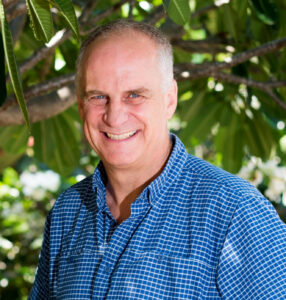
Prof. Andrew Campbell
Triple Helix Consulting
Day 1 Opening remarks / Day 2 Keynote
Professor Andrew Campbell was TERN’s first TERN Advisory Board Chair. He is now semi-retired, dividing his time between Canberra and his family farm in western Victoria. Among influential roles in sustainable agriculture and research management in Australia for over thirty years, Andrew Campbell was Australia’s first National Landcare Facilitator, and was CEO of Land & Water Australia for seven years from 2000.
Andrew Campbell has written widely on landcare, knowledge management and sustainability. He trained in forestry at Creswick and the University of Melbourne, then in rural sociology and agricultural knowledge systems at Wageningen Agricultural University in The Netherlands. Andrew is Managing Director of Triple Helix Consulting, and is still involved with the family farm in western Victoria, where his family has been farming since the 1860s.
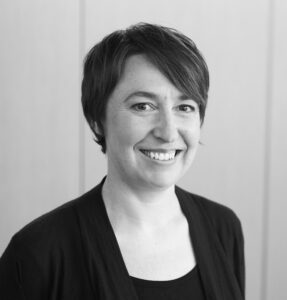
Prof. Emily Nicholson
The University of Melbourne
Day 1 Keynote
Professor Emily Nicholson is a conservation scientist whose work has impacts on conservation policy and practice at global and local levels. Her research interests include biodiversity monitoring and risk assessment, conservation decision-making, and ecosystem science.
She co-leads the IUCN Red List of Ecosystems thematic group in the Commission on Ecosystem Management, and is a member of the Ad Hoc Technical Expert Group on indicators for the Kunming-Montreal Global Biodiversity Framework under the UN Convention on Biological Diversity, and UN Statistics Division working groups on ecosystem accounting.
She has >100 scientific publications, including in Nature and Science, cited over 8000 times, and has been awarded >$10M in external competitive grants, including an Australia Research Council Future Fellowship, two Discovery grants, and four Linkage grants.


